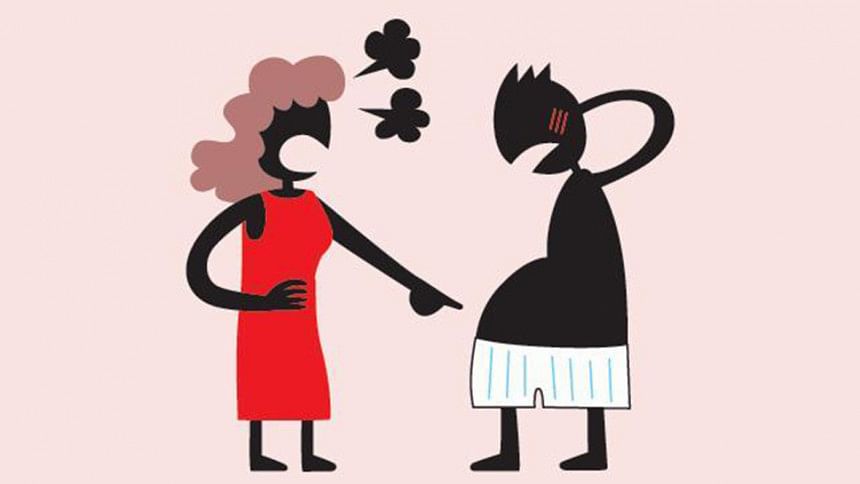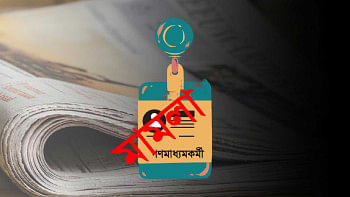Wife calls hubby ‘mota haathi’, Delhi HC says it’s enough for divorce

It seems calling names to your spouse can be grounds for divorce, according to the Hindustan Times.
The Delhi high court has ruled that it is ground enough for divorce for woman who called her overweight husband ‘mota hathi’ (fat elephant) as it is “destructive of the matrimonial bond”.
On March 22, the court upheld a divorce granted by a family court in 2012 to a man who said he was subjected to cruelty by his wife for being overweight and his alleged failure to satiate her sexual desires, reports Hindustan Times.
Later, the woman challenged the order in the high court.
“The calling of names and hurling of abuses such as ‘Haathi’, ‘Mota Haathi’ and ‘Mota Elephant’ by the appellant (woman) in respect of her husband – even if he was overweight, is bound to strike at his self respect and self esteem,” The Hindustan Times reports justice Vipin Sanghi as saying.
The woman had contended the family court relied on “vague and non-specific” allegations while granting the divorce. She argued he failed to give specific instances of alleged cruelty with dates, time and particulars.
The high court, however, rejected this argument.
“When two parties are in a marital relationship, neither is expected to maintain a logbook and note down therein each and every instance of matrimonial offence committed by the other,” justice Sanghi said.
The judge also took note of other complaints by the man that his wife not only slapped him but also asked him to leave the house.
The man said his wife threatened to immolate herself with kerosene and implicate him and his family in a dowry case, reports Hindustan Times.
The woman left the matrimonial home with her jewellery and belongings, and told the man to transfer his property in her name if he desired her to live a “devoted wife”, the man alleged.
“Such events are clearly destructive of the matrimonial bond and would naturally give rise to a bonafide and genuine belief and apprehension in the mind of the respondent (husband) that it is not safe for him to peacefully and mentally continue the relationship…” the high court said.
The man also said on the night of February 11, 2005, she hit his private parts when he wanted to have intercourse and injured him.
“Each of this… incidents are grave and weighty matrimonial offences/misconducts by the appellant (woman), which cannot be described as events relating to normal wear and tear of a marriage,” the judge said.

 For all latest news, follow The Daily Star's Google News channel.
For all latest news, follow The Daily Star's Google News channel. 








Comments